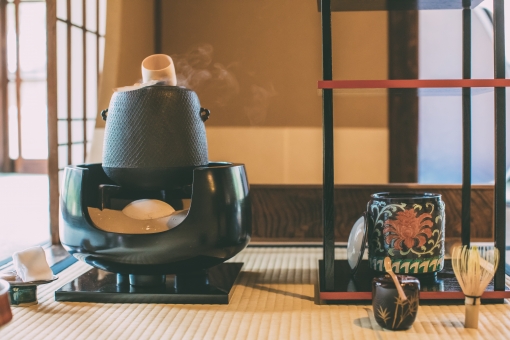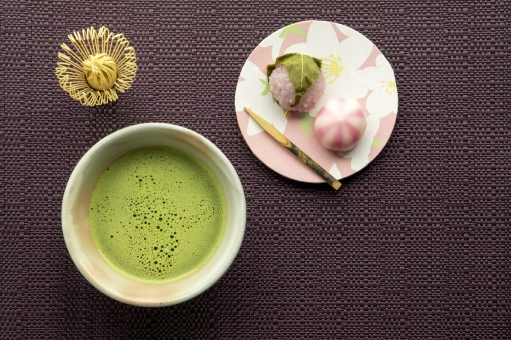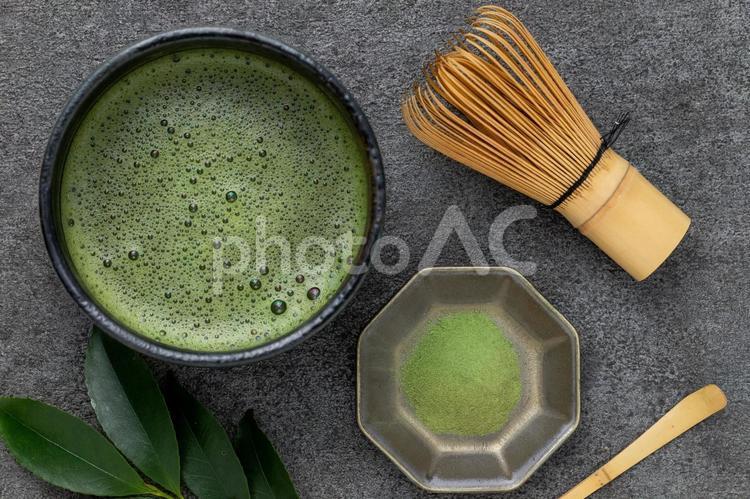If you are visiting Japan, one traditional cultural experience you shouldn’t miss is the “Tea Ceremony” (Sadō or Chadō). Preparing and enjoying matcha tea while embracing Japanese rituals and aesthetics creates an unforgettable memory beyond typical sightseeing or shopping. Here’s a comprehensive guide for first-time visitors—covering tea ceremony history, recommended spots, price ranges, and easy tips on choosing the perfect experience.
What Is the Japanese Tea Ceremony?
The tea ceremony originated in the Muromachi period of Japanese history. Sen no Rikyu established its modern form, making it a harmonious blend of Zen philosophy, the art of serving tea, exquisite utensils, serene gardens, and heartfelt hospitality.
A typical tea ceremony experience involves watching a demonstration by a tea master, enjoying traditional Japanese sweets, and then preparing matcha yourself. Many venues also offer kimono rentals for a fully immersive experience.
How Zen Influences Business and Mindfulness
The philosophy of Zen has a profound impact on both business practices and the modern mindfulness movement. Here are the key ways Zen enriches these fields:
Impact on Business
- Stress Relief and Mental Clarity
Practicing Zen meditation (zazen) calms the mind and reduces stress. This mental balance helps professionals maintain composure and focus even in high-pressure, fast-changing business environments. - Enhanced Concentration and Self-Awareness
Zen meditation trains individuals to observe their thoughts and emotions objectively, boosting concentration and improving decision-making and problem-solving abilities crucial in business. - Improved Meta-Cognitive and Stress Management Skills
By fostering the ability to view oneself from a higher perspective, Zen helps manage stress effectively, supporting long-term career sustainability and better daily work performance. - Leadership and Creativity Boost
Incorporating Zen principles leads to stronger teamwork, heightened creativity, and innovative problem-solving. Many business leaders study Zen to enhance motivation and the quality of their decisions. - Adoption by Leading Companies
Tech giants like Google, Apple, and Yahoo! have incorporated Zen-inspired mindfulness and meditation practices into their employee wellness programs to reduce stress and elevate performance.
Zen vs. Mindfulness
- Mindfulness was popularized in 1979 by Jon Kabat-Zinn as a meditation technique focused on present-moment awareness to reduce stress.
- Zen is a broader and deeper practice emphasizing “letting go of unnecessary attachments” and moving toward the essence of life rather than just a technique for achieving specific goals.
- While mindfulness is more accessible for business applications, Zen’s profound spiritual insights continue to influence fundamental views on life and business approaches.
In summary, Zen philosophy cultivates the mental strength and insight essential for sustainable performance by quieting the mind, deeply understanding the self, and focusing on the present moment. This makes Zen an invaluable asset in today’s demanding business world.

Top Tea Ceremony Spots in Major Cities
Japan’s main tourist destinations are home to many foreigner-friendly tea ceremony venues. Here are some of the most popular:
- Chazen (Ginza, Tokyo):
Authentic tea room and garden with multilingual support. You can even try grinding tea leaves and making your own matcha, and dress in kimono for a special memory.
Price: From ¥3,500 (kimono extra). TOPページ – 茶禅 chazen- Masudaya (Shinjuku, Tokyo):
Founded in 1930. Features courses with kaiseki cuisine—ideal for those seeking deep cultural immersion.
Price: ¥22,000. - Matsuokayama Tokeiji Temple (Kamakura):
Historic temple surrounded by beautiful gardens. Experience tea etiquette, traditional sweets, and tranquil scenery.
Price: ¥3,000 (includes temple admission). 茶和益田 茶道具 茶道体験 - Genan (Sakyo-ku, Kyoto):
Near Ginkakuji (Silver Pavilion). Casual plans start at just ¥1,080; authentic courses are also available. English support offered.
Price: ¥1,080–¥3,980. 本格茶道体験 – 弦庵 Gen-an
Price Ranges and What’s Included
Tea ceremony prices can vary. Standard experiences generally cost ¥1,000–¥4,000. Premium courses—featuring kimono, full meals, private sessions, and extensive rituals—cost ¥5,000–¥20,000 or more.
Budget-Friendly Courses:
- Matcha and sweets
- Duration: 30–60 minutes
- English support, beginner-friendly, group options
- Price: ¥1,000–¥3,500
Premium Courses:
- Authentic tea room, garden views, kaiseki meal, kimono rental
- Small groups or private bookings
- Instruction by professional tea masters
- Price: ¥5,000–¥20,000+
Choose based on your budget, desired experience, and travel itinerary.

Who Joins Tea Ceremonies in Japan?
Most participants are travelers in their 20s and 30s, with some in their 40s and above. Tokyo, Kyoto, and Kamakura venues see especially high numbers of foreign guests—attracted by English-friendly service and social media coverage. Recent years have seen growing numbers of visitors from China, the Americas, and Europe.
Tips for Choosing Your Tea Ceremony Experience
- Clarify Your Purpose: Are you seeking a deep cultural encounter, a chance to wear kimono, or just a casual taste of tradition?
- Review What’s Included: Does the package cover tea, sweets, kimono, or even a meal? Compare before you book.
- Consider Time & Location: Match the program’s length and site with your sightseeing plans.
- Read Reviews: Participant feedback can tell you a lot about quality and satisfaction.
If you’re on a budget, a simple matcha and sweets plan is perfect. If you want more, opt for premium experiences with kimono and authentic instruction for lasting memories.
The Deeper Meaning of Tea Ceremony
Participating in a Japanese tea ceremony is more than just a tourist activity. It’s a serene and enriching journey for the soul. Savoring matcha, feeling the spirit of Japanese hospitality, wearing kimono, enjoying delicate sweets, and relaxing in a tranquil tea room—all reflect the concept of “ichigo ichie” (cherishing each unique moment).
Don’t miss this chance to connect with Japanese tradition during your travels. The memories will remain with you long after your journey ends.
Beginner-friendly to traditional full-scale experiences await you all over Japan. Add a tea ceremony to your travel plans for a richer, more meaningful visit—you won’t regret it!



コメント